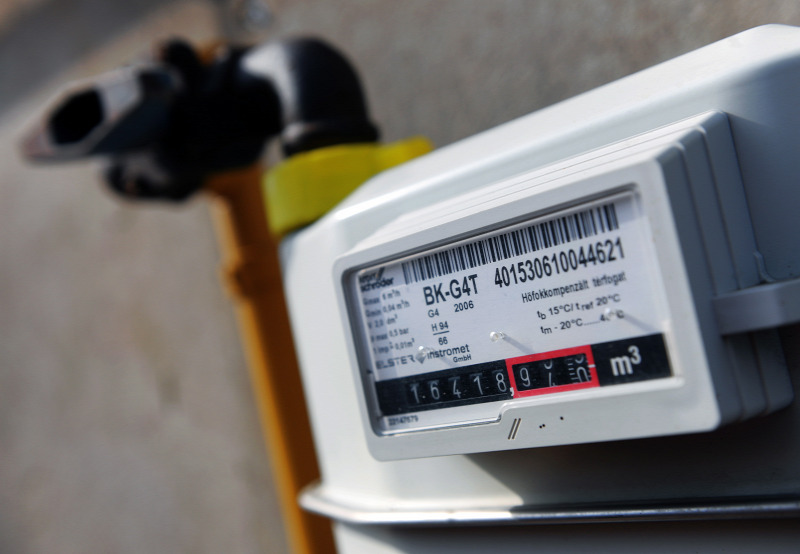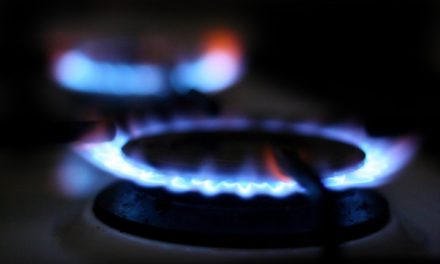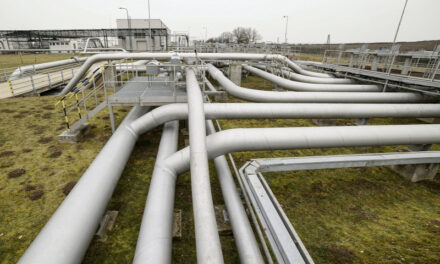The decrease in the difference is caused by the fact that since the domestic tariffs are fixed, they more or less follow the market prices in other countries of the continent, which have decreased in the recent period.
On behalf of the Hungarian Energy and Public Utilities Regulatory Authority and Energie-Contor Austria, VaasaETT prepares a monthly survey based on data received from the energy authorities and distribution companies of the countries included in the study.
The difference between the tariffs of the individual capitals is still huge: compared to the price of 9 eurocents in Budapest, which is the most favorable in the EU comparison, only non-EU Kiev was 4 eurocents lower.
The EU and European average is more than three times the national average, but even in Zagreb, which already ranks fourth in the EU list, one and a half times the Budapest tariff is billed, and the most expensive customers in Rome are billed more than seven times, 63.73 euro cents per kilowatt hour
- explained the paper.
After Budapest, Belgrade, Podgorica, Valletta and Zagreb have the lowest unit prices, while after Rome, Berliners, Copenhageners and Dubliners have to pay the most attention to how much electricity they use.
The gross residential average price of natural gas was 14.34 euro cents in January, and the overall European average was 13.61 euro cents. Within the EU, the value in Budapest was once again the lowest , 2.47 euro cents per kilowatt hour, and for Europe as a whole, the value in Kiev was 2.10.
The analysis highlights that the unit price of 30.30 euro cents in Stockholm is 12 times that of Budapest.
VaasaETT lists nine capitals in which the gross residential price has decreased, seven of which are due to a drop in the market price of electricity. At the same time, households in ten capital cities still faced price increases, partly due to the increase in local energy prices, partly due to the increase in the distribution fee, and in one place due to the termination of the temporary VAT reduction.
Despite the drop in average tariffs for the third month, residential electricity prices in January this year are still significantly higher than a year ago, states VaasaETT, and there were even places where they reached a new peak, such as in Belgrade, Bern, Bratislava, Nicosia, Vilnius and Warsaw - explained Világgazdaság.
Minister of Energy: There will be no increase in the residential price of electricity, gas and district heating with reduced overheads this year
The residential price of electricity, gas, or district heating will not increase this year.
But the system usage fee will not increase this year either
- announced Csaba Lantos in the opening presentation of the MVM energy conference.
Portfolio , the energy minister also said:
the retail market price above the average consumption limit will also remain unchanged until April 30.
Three CCGT gas power plants are also being built
The newspaper added that the minister confirmed in his presentation that the government will build three CCGT gas power plants by 2028, one next to the Mátra Power Plant and two in Tiszaújváros.
Civile.info / MTI / Mandiner
PHOTO: MTI/TIBOR OLÁH












